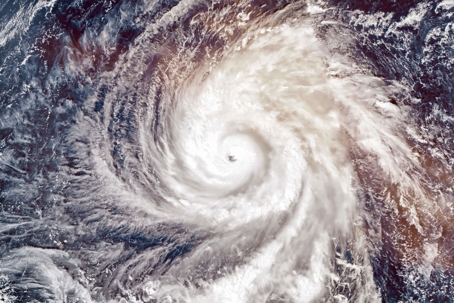During a storm, any electrically powered entity becomes unpredictable. We want to make sure that you are just as prepared as we are to handle these types of situations. Below, you’ll find that we have outlined safety tips to keep in mind before, during, and after a storm.
Pre-Storm
- Whether you know a storm is on its way or not, there is no harm in being prepared. The first thing that you will want to do is prepare an evacuation route and fill up your gas tank. In a state of emergency, it would be extremely difficult to obtain gas for your car, so get it before it’s gone.
The next step is to prepare a home safety kit. Your kit should include things like:
Enough water for each person in your family to have a gallon a day.
Non-perishable foods: Canned meats/fruits/vegetables, peanut butter, dried fruit, beef jerky, etc.
Radio
Flashlights with extra batteries
First Aid Kit
Phone Chargers/Battery Packs
Small Tool Kit
In case you do need to evacuate, shut off your home’s electricity using your breaker box. This way, no damage will be done to your home by your power system.
During A Storm
Turn off your HVAC system and unplug devices and appliances such as TVs, computers, gaming consoles, and microwaves. Doing so will protect your appliances in case the power in your area fluctuates.
Refrain from opening your refrigerator as much as possible during a power outage. If the power is out, a refrigerator kept closed is able to keep your food cold for about 4 hours. If your freezer is full, it can keep its contents cold for up to 48 hours, and if half full, 24 hours.
Listen to your local radio station to stay updated on the status of the storm, power outages, or any changes in evacuation routes.
Post-Storm
If you were evacuated, do not go home unless authorities have deemed it safe for you to return.
Check to see if there are downed power lines outside or near your home, and stay away from them. You should always treat power lines as though they are energized. If you notice a downed power line, call your local electric cooperative to de-energize the line.
Once you have returned home, check for any structural or electrical damage such as:
Frayed Wires
Sparks
Burned insulation
If you remain without electricity, check with a neighbor to confirm whether or not they have power. If your neighbor does have power, this could mean that you have a blown fuse or a tripped breaker.
When changing a fuse or resetting a circuit, never do so if your hands are wet or while you are standing on wet ground to prevent risk of electrocution.
If you are without electricity and own a portable generator, make sure to keep it in a well-ventilated area as to avoid breathing in the poisonous carbon monoxide.
There are many factors to take into account when preparing and recovering from a storm, but the most important piece of advice that we can give is simply to stay calm. Doing your best to keep a level head is the most efficient way to prevent any electrical mishaps or injuries. If a storm hits, and you do end up in need of repair, don’t hesitate to contact us through our website or call us at 407-890-7782.

